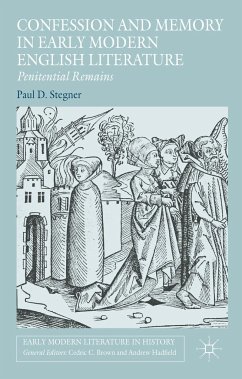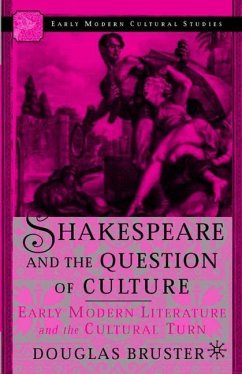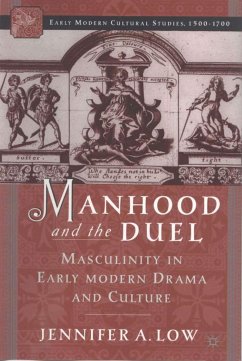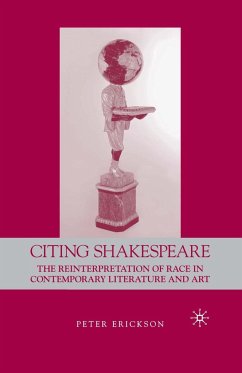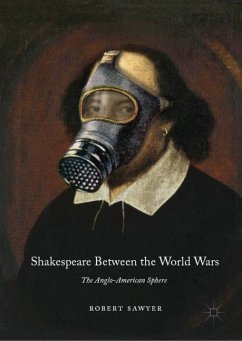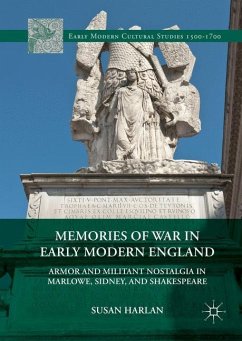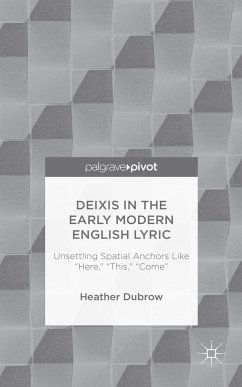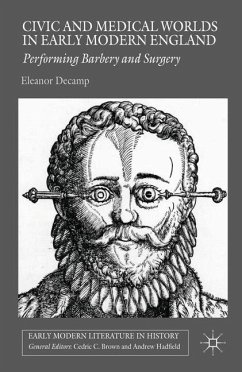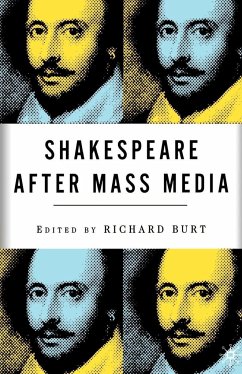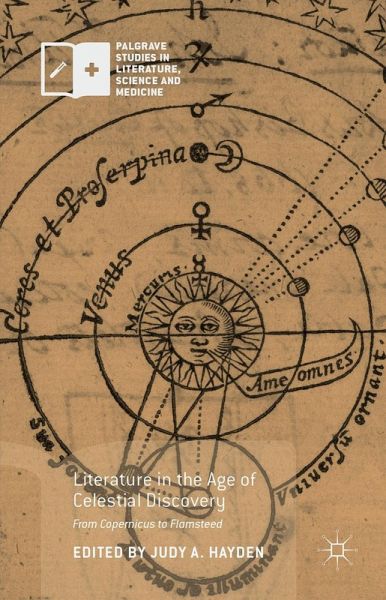
Literature in the Age of Celestial Discovery
From Copernicus to Flamsteed
Herausgegeben: Hayden, Judy A.

PAYBACK Punkte
38 °P sammeln!
The reconfiguration and relinquishing of one's conviction in a world system long held to be finite required for many in the sixteenth and seventeenth centuries a compromise in one's beliefs and the biblical authority on which he or she had relied - and this did not come without serious and complex challenges. Advances in astronomy, such as the theories of Copernicus, the development of the telescope, and Galileo's discoveries and descriptions of the moon sparked intense debate in Early Modern literary discourse. The essays in this collection demonstrate that this discourse not only stimulated ...
The reconfiguration and relinquishing of one's conviction in a world system long held to be finite required for many in the sixteenth and seventeenth centuries a compromise in one's beliefs and the biblical authority on which he or she had relied - and this did not come without serious and complex challenges. Advances in astronomy, such as the theories of Copernicus, the development of the telescope, and Galileo's discoveries and descriptions of the moon sparked intense debate in Early Modern literary discourse. The essays in this collection demonstrate that this discourse not only stimulated international discussion about lunar voyages and otherworldly habitation, but it also developed a political context in which these new discoveries and theories could correspond metaphorically to New World exploration and colonization, to socio-political unrest, and even to kingship and regicide.





